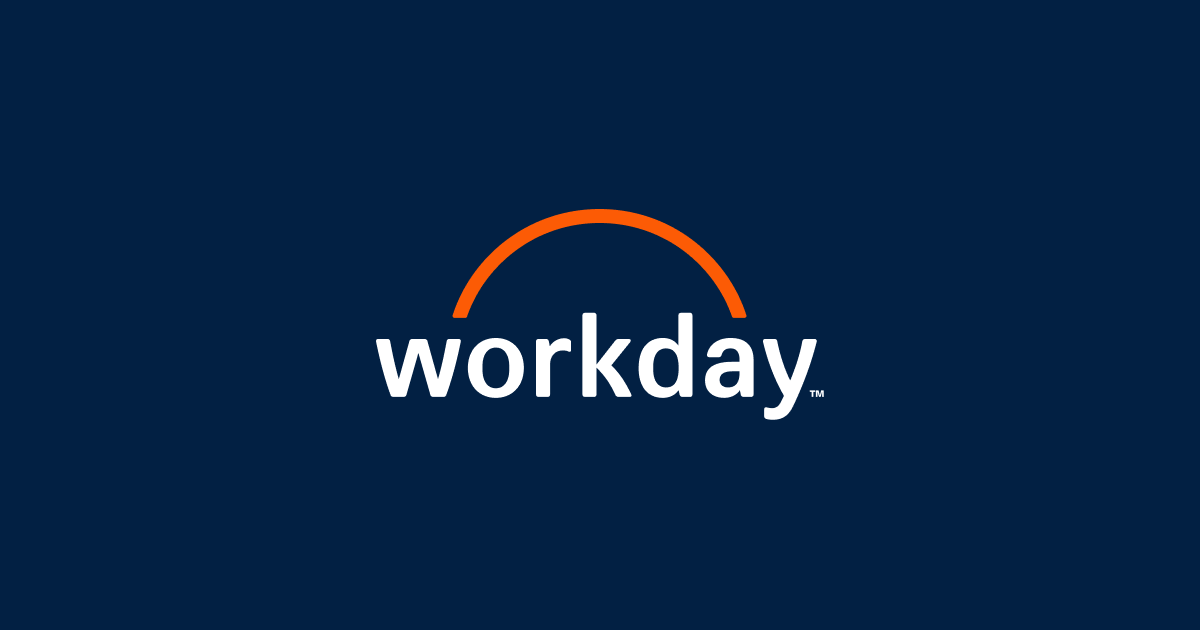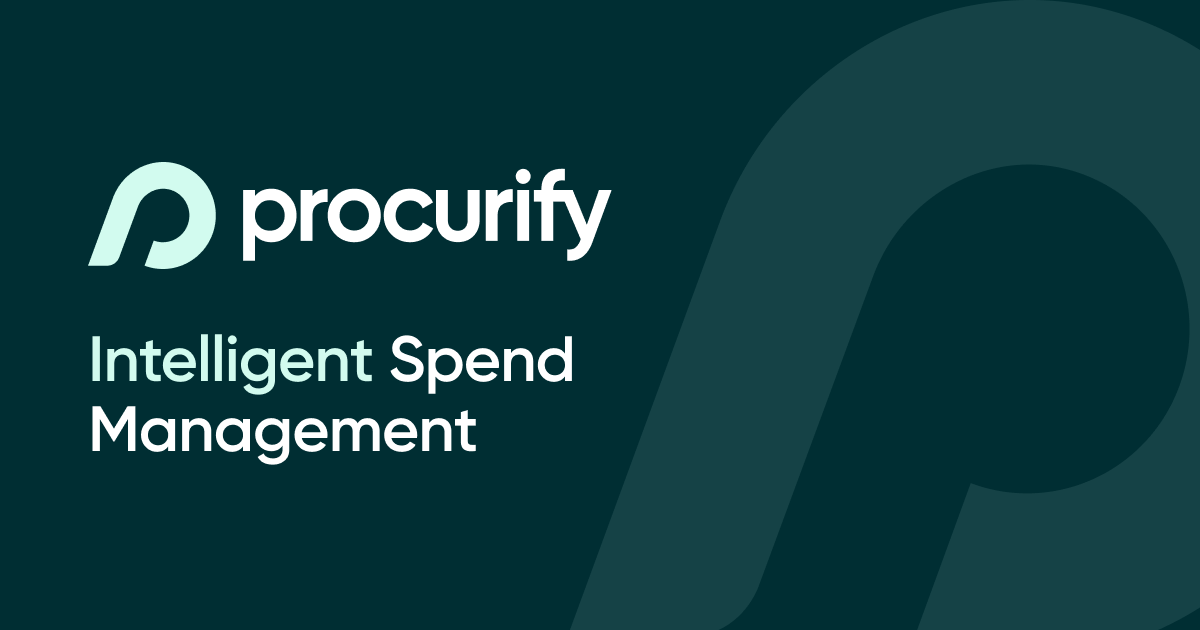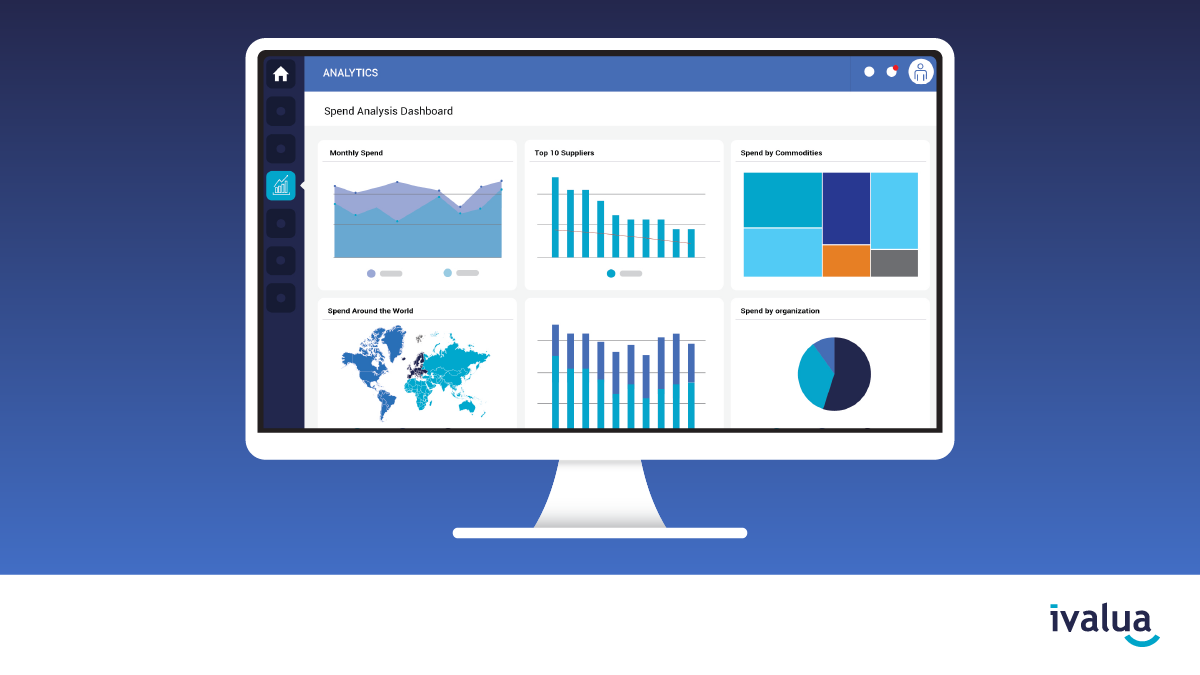Introduction
As businesses seek to gain control over rising costs and find new efficiencies in procurement, cloud-based strategic sourcing solutions have become increasingly popular. These software platforms automate purchasing, manage supplier relationships and provide advanced analytics to help procurement teams make insightful, data-driven decisions. However, with so many options on the market, choosing the right solution can be challenging. This blog evaluates the top 15 cloud-based procurement software options based on key criteria like features, pricing, reviews and popularity to help business leaders choose the right strategic sourcing solution for their needs.
Methods of Evaluation
To evaluate and rank the top procurement software, we analyzed several key factors: features and capabilities, customer reviews and ratings, pricing and plans, customer base and popularity as measured by organic traffic, backlinks from relevant industry sites, and keyword trend data. We also looked at integrations with common ERP/finance systems, mobile apps, and other criteria important for strategic sourcing teams. By leveraging both conventional criteria as well as modern metrics like backlinks, traffic and keyword trends, we aim to provide the most comprehensive and up-to-date analysis of the leading options.
1. SAP Ariba Strategic Sourcing
SAP Ariba Strategic Sourcing is a cloud-based strategic sourcing solution from SAP that helps organizations effectively manage their sourcing processes. It allows procurement teams to conduct comprehensive spend analysis, manage sourcing events like requests for information (RFIs) and requests for quotation (RFQs), and analyze sourcing performance.
Pros: Key advantages of SAP Ariba Strategic Sourcing include:
– Advanced category management and spend analysis capabilities
– Full event management for RFXs/RFIs/RFQs from creation to award
– Robust analytical and reporting tools to track KPIs and savings
Cons: A potential disadvantage is that the sourcing modules require additional licenses and implementation which can increase overall costs for some organizations.
Pricing: Pricing for SAP Ariba Strategic Sourcing is subscription-based starting at around $150,000 per year depending on the number of users, managed spend and modules implemented.
Some key stats about SAP Ariba Strategic Sourcing include:
– Used by over 4,500 companies globally
– Manages over $3 trillion in sourcing spend annually
– Integrates with SAP and non-SAP ERP systems
2. Workday Supply Chain Management
Workday Supply Chain Management is a cloud-based supply chain execution and planning solution from Workday. As part of Workday’s Enterprise Management Cloud, Supply Chain Management offers integrated inventory, warehouse, procurement, sourcing and order management capabilities.
Pros: Key advantages of Workday Supply Chain Management include: Integrated with full Workday HCM and FInance stack; Robust inventory and warehouse capabilities; Strong AP/AR and payment integration.
Cons: A potential disadvantage is that Workday Supply Chain Management may have fewer pre-built integrations with third party systems compared to some other supply chain solutions.
Pricing: Workday Supply Chain Management pricing is subscription based. Pricing depends on the number of users and modules deployed. Contact Workday sales for a customized quote.
Some key stats about Workday Supply Chain Management include: integrated with the full Workday HCM and Finance suite; robust inventory and warehouse management capabilities including lot/serial tracking, Kanban and warehouse execution; strong AP/AR and payment integration for procure-to-pay processes.
3. Infor Nexus
Infor Nexus is a leading purchasing and supply chain management solution from Infor. As an end-to-end ERP for procurement and sourcing, Infor Nexus provides comprehensive functionality to automate and optimize purchasing processes. It offers supplier information management, catalogs, sourcing tools, purchase orders, receipts, and payment capabilities.
Pros: Main advantages of Infor Nexus include: – End-to-end ERP for procurement/sourcing functions. – Supplier information management with catalogs from over 1 million suppliers. – Integrations allow purchasing to seamlessly work with other modules like financials.
Cons: One potential disadvantage is that as a full-featured ERP, Infor Nexus requires more implementation time and resources compared to simpler purchasing-only solutions.
Pricing: Pricing for Infor Nexus varies based on implementation needs and company size. It is typically sold as a SaaS subscription starting at around $150 per user per month for basic functions.
Some key stats about Infor Nexus include: – Used by over 6,000 companies globally for purchasing needs. – Integrates procurement with other Infor solutions like financials, inventory, and customer service. – Provides supplier info and catalogs for over 1 million suppliers.
4. SAP Ariba
SAP Ariba is a leading spend management software that helps organizations gain control and visibility over their indirect and direct spend. With over 3 million suppliers connected to its network, SAP Ariba streamlines the entire procure-to-pay process for both buyers and suppliers. Some of the top global companies like Boeing, Samsung and Toyota rely on SAP Ariba for all their procurement needs.
Pros: Some of the key advantages of SAP Ariba include:
– Robust supplier network with over 3 million connected companies globally
– Advanced features like AI-powered procurement processes that can help identify savings opportunities
– Centralized platform to manage the entire source-to-pay process from one place
– Highly configurable to meet unique business needs of various industries
Cons: One potential disadvantage is that SAP Ariba is an enterprise-level solution that may have a higher total cost of ownership compared to other mid-market focused options.
Pricing: SAP Ariba pricing is typically based on the number of users, spend under management, and level of support/customization required. It offers several subscription tiers – Team, Professional, Elite, etc. that range from a few thousand dollars per month to $50,000+ depending on the business needs.
Some key stats about SAP Ariba include:
– Over $3.1 trillion in commerce facilitated on the Ariba Network annually
– Connects over 3 million buyers and suppliers globally
– Used by over 5,000 customers worldwide including 90% of the Fortune 500
5. Brightpearl
Brightpearl is a retail operating system (ROS) designed for retailers, wholesalers and manufacturers. The Brightpearl platform provides an integrated set of tools for inventory, purchasing, POS, accounting and more to streamline retail operations.
Pros: Some key advantages of Brightpearl include:
– ERP system fully tailored for ecommerce and omnichannel retailers
– Integrated purchasing and supplier tools to simplify the sourcing process
– Robust POS and inventory management tools to track stock across channels
– Flexible platform that scales with business growth
Cons: One potential disadvantage is the subscription pricing model which requires ongoing costs compared to one-time licensed software purchases.
Pricing: Brightpearl pricing starts at $99/month for the basic Starter plan, scaling up to $399/month for the Enterprise plan. Additional fees apply for add-on services and modules. All plans are subscription based with annual contracts.
Some key stats about Brightpearl include:
– Used by over 3,000 retailers worldwide
– Processes over $12 billion in annual sales volume for customers
– Integrates with over 200+ connectors including Shopify, Magento, WooCommerce and more
6. TradeGecko
TradeGecko is inventory management and e-commerce software designed for multi-channel businesses. Founded in 2015 and headquartered in Singapore, TradeGecko helps over 10,000 merchants manage their sales across online stores, marketplaces, and physical points of sale from a single platform. The software allows users to sync products, orders, inventory, shipments and customers to grow their business both online and offline.
Pros: Some key advantages of TradeGecko include:
– Dedicated ecommerce focused tool for multi-channel sellers
– Intuitive inventory and order management across sales channels
– Seamless integrations with major sales platforms for unified data
– Robust reporting and analytics to optimize processes and performance
Cons: One potential disadvantage is that TradeGecko is best suited for established businesses with more complex inventory, order, and sales channel needs. It may be overkill for very small volume sellers just starting out.
Pricing: TradeGecko offers three pricing tiers: Standard ($49/month), Professional ($99/month), and Enterprise (custom quotes). All plans include integrations, support, and inventory/order management tools. Higher tiers provide additional users, transactions, and customized features.
Some key stats about TradeGecko include:
– Over 10,000 merchants use TradeGecko worldwide
– Integrations with over 100 platforms including Amazon, eBay, Shopify, WooCommerce, and more
– Available in over 30 languages
– Named a leader in the G2 Winter 2022 Inventory Management Software report
7. CAPSULE
CAPSULE is a CRM software designed for small businesses to manage leads, contacts, opportunities, and customer relationships. Founded in 2012, CAPSULE has helped over 10,000 organizations streamline business processes and drive more revenue through better customer relationships. In addition to core CRM functionality, CAPSULE also offers a robust procurement module to help purchasing and procurement teams.
Pros: Some key advantages of CAPSULE’s procurement module include:
– Procurement workflow management within the CRM
– Robust supplier database with contact info, pricing, RFx history etc.
– Templates for common purchasing documents like RFQs, POs, contracts
– Approval workflows and alerts to streamline purchasing processes
– Integrated supplier portal for easy document sharing
Cons: One potential disadvantage is that the procurement module may not have as many configuration options or tailored workflows for very complex purchasing organizations compared to dedicated eProcurement systems.
Pricing: Pricing for CAPSULE starts at $25 per user per month for the basic CRM plan. The procurement module is an additional $10 per user. Volume discounts are available for mid-market and enterprise customers.
Some key stats about CAPSULE include:
– Over 10,000 customers globally
– Integrates with over 50 apps including Slack, QuickBooks, and Shopify
– Recognition as a Leader in G2’s CRM Software categories for mid-market and small businesses
8. GEP
GEP is a leading provider of procurement and supply chain software. Founded in 1999, GEP has helped transform procurement and supply chain operations for hundreds of Fortune 500 and Global 2000 enterprises. GEP offers a comprehensive suite of software and managed services solutions including SMART by GEP®, a cloud-native, AI-powered procurement software.
Pros: Some key advantages of GEP include:
– Specialized expertise in complex direct and indirect sourcing categories.
– Expert professional services for helping companies transform their procurement processes.
– Robust suite of sourcing and category tools to help analyze spending and manage the source-to-pay process.
Cons: A potential disadvantage is that GEP is purely focused on procurement and supply chain software while some competitors offer ERP modules for finance, manufacturing, etc.
Pricing: Pricing for GEP’s SMART by GEP software is typically done through an annual Software-as-a-Service (SaaS) subscription model ranging from tens of thousands to over $1M+ per year depending on the number of users, modules, customizations needed, and other factors. GEP also offers flexible managed services for ongoing support of the system and strategic sourcing expertise.
Some key stats about GEP include:
– Over 25 years of experience in procurement and supply chain consulting, software, and managed services.
– Used by more than 300+ global corporations and investment firms.
– Recognized as a leader in Gartner Magic Quadrant for Spend Analysis and Sourcing Applications.
9. JAGGAER
JAGGAER is a leading digital procurement software provider that helps organizations transform their supply chain through automation and strategic sourcing. Founded in 2005, JAGGAER provides a cloud-based platform that streams procurement and manages the entire source-to-pay process.
Pros: Some key advantages of JAGGAER’s procurement software include:
– Tight integration with leading ERPs like SAP, Oracle, and Infor
– Robust supplier and contract management capabilities
– Extensive category management tools to optimize spending
Cons: One potential disadvantage is the cost, as JAGGAER’s platform is an enterprise solution priced for large organizations with significant procurement spend.
Pricing: JAGGAER offers flexible pricing based on organization size and needs. General pricing ranges from $15,000 annually for smaller deployments to over $150,000 per year for very large enterprises with custom requirements.
Some key stats about JAGGAER include:
– Used by over 250,000 global users
– Integrates with major ERPs like SAP, Oracle, and Infor
– Facilitates over $150B in annual B2B transactions
10. Basware
Basware is a leading provider of networked purchase-to-pay solutions and electronic invoicing. Founded in 1992, Basware offers cloud-based procurement, expense management and finance solutions for businesses and government entities worldwide. With customers in over 100 countries, Basware aims to streamline financial processes through digitization and network effects.
Pros: Some of the main advantages of Basware’s purchase-to-pay solution include:
– Dedicated e-invoicing solutions for accounts payable automation and invoice processing.
– Advanced supplier enablement portal for easy onboarding of suppliers onto the procurement network.
– Robust spend analytics and reporting tools to track procurement spend across departments and categories.
– Integrations with major ERP/finance systems like SAP, Oracle and Sage for seamless data exchange.
Cons: One potential disadvantage is that Basware focuses primarily on purchase-to-pay automation for large enterprises and may not be as fully featured for smaller business needs. The pricing could also be higher compared to some other mid-market procurement solutions.
Pricing: Basware offers flexible pricing plans depending on the size and needs of the organization. It generally costs between $5-15 per user per month for standard purchase-to-pay features. Additional modules and services like electronic invoicing, sourcing, contract management etc are priced separately on top of the base subscription.
Some key stats about Basware include:
– Over 20,000 customer globally across various industries and sectors.
– Processes over 1 billion transactions annually worth over $550 billion through its cloud platform.
– Supported 30+ electronic invoice formats and compatible with all major ERP systems.
– Integrated supplier network of over 2 million suppliers globally.
11. Syspro
Syspro is an integrated ERP software suite developed by Syspro for discrete manufacturing and distribution companies. In business for over 40 years, Syspro provides a fully cloud-based system that supports all key functions including accounting, procurement, production, inventory, order management and more. With integrated modules, Syspro aims to give companies a single system to manage all aspects of their business.
Pros: Some key advantages of Syspro include: integrated ERP suite with procurement module, supplier portal and catalog management, industry templates for discrete manufacturing, full inventory management and tracing capabilities, built-in business intelligence tools for analysis and reporting.
Cons: One potential disadvantage is that as an all-encompassing ERP suite, Syspro may be more sophisticated than needed for some basic manufacturing and distribution businesses.
Pricing: Syspro pricing is customizable based on business size and modules implemented. They offer perpetual or subscription-based term licenses. Generally expect to pay $150-300 per user per month for a full ERP deployment depending on the number of users, modules and customizations required.
Some key stats about Syspro include: used by over 15,000 companies globally, supports over 20 different languages and localizations, vertically integrated solutions for various manufacturing industries like electronics, automotive, industrial equipment and more.
12. Procurify
Procurify is an intelligent spend management software platform that provides visibility and control over all business spending. Founded in 2014 and headquartered in Vancouver, Canada, Procurify strives to make procurement and accounts payable simple and strategic for growing companies.
Pros: Some key advantages of Procurify include:
– Quick and easy cloud procurement solution that eliminates manual data entry
– Robust ordering capabilities with built-in supplier catalogs for one-click purchasing
– Built specifically for SMBs and growing businesses to scale with them
Cons: A potential disadvantage is that the robust feature set may be overkill for very small businesses or those with simple procurement needs.
Pricing: Procurify offers flexible pricing plans starting at $49/month for the Essentials plan which supports up to 5 users. Premium plans with additional features start at $99/month.
Some key stats about Procurify include:
– Used by over 5,000 companies globally
– Processes over $10B USD in annual spend
– Features a supplier catalog of over 500,000 items
– Integrates with over 100 accounting and ERP systems
13. Ivalua
Ivalua is a leading provider of cloud-based procurement software. Founded in 2000 and headquartered in San Francisco, Ivalua’s procurement platform helps organizations worldwide reduce costs, improve compliance, mitigate risk and gain greater visibility into their spending. With Ivalua, procurement leaders can manage their entire source-to-pay process including sourcing, contract management, eProcurement, invoice processing, and payments on a single cloud-based platform.
Pros: Some key advantages of Ivalua include:
– Advanced sourcing and spend analysis tools to better identify savings opportunities
– Seamless integration with major ERP systems like SAP, Oracle and IFS for seamless data exchange
– Customizable and flexible platform that can be configured to meet the specific needs and processes of an organization
Cons: A potential disadvantage is that the highly customizable nature of Ivalua could lead to complexity and higher implementation costs versus some more standardized competitors.
Pricing: Ivalua pricing is customizable based on organization size and modular needs. It offers both perpetual and subscription-based SaaS pricing models starting at around $100,000/year for smaller deployments.
Some key stats about Ivalua include:
– Used by over 300 customers worldwide in over 40 countries
– Processed over $600B in spend through its platform
– Over 20 years of experience in procurement software
14. SAP Fieldglass
SAP Fieldglass is a leader in services procurement and external workforce management. As a cloud-based platform, SAP Fieldglass helps organizations find, engage, and manage their external workforce including contingent labor, statement of work talent, and services providers. The platform can optimize sourcing, reduce costs, maintain compliance, and enhance reporting across the entire external workforce program.
Pros: Key advantages of SAP Fieldglass include:
– Robust management of contingent talent from sourcing to invoicing
– Strong SAP integration provides spend visibility and control
– Flexible platform tailored for different external workforce types like freelancers and statement of work talent
Cons: A potential disadvantage is that the robust functionality and strong SAP integration may come at a higher cost compared to standalone contingent workforce platforms.
Pricing: SAP Fieldglass pricing is determined based on annual spend under management and number of managed suppliers and users. Fieldglass offers flexibility to pay monthly or annually with volume-based discounts for enterprise customers.
Some key stats about SAP Fieldglass include:
– Used by over 1,000 enterprise customers globally
– Manages more than $200 billion in annual spend and over 12 million workers
– Integrates with SAP solutions like S/4HANA, SuccessFactors, and Ariba to provide end-to-end spend management
15. Syncron
Syncron provides aftermarket service software solutions for manufacturers of complex goods. Their software helps manufacturing companies optimize spare parts management, service operations, and supplier collaboration throughout the entire product lifecycle. Syncron works with large enterprise customers across industries like automotive, industrial equipment, aviation/aerospace, medical devices and more.
Pros: Some key advantages of Syncron’s aftermarket service software include:
– Tight ERP integrations for seamless MRO procurement and inventory management
– Streamlined supplier content and collaboration platform to efficiently source parts
– Advanced analytics and algorithms to optimize inventory levels and repair versus replace decisions
Cons: A potential disadvantage is that fully utilizing all of Syncron’s capabilities requires extensive implementation and configuration which comes with a large upfront cost and time investment.
Pricing: Syncron offers flexible pricing models including perpetual licenses, SaaS subscriptions, and usage-based pricing. Implementation, support, and professional services are also available as additional costs. For an average mid-sized manufacturer, a typical annual SaaS subscription is in the range of $100,000-$250,000.
Some key stats about Syncron include:
– Over 300 customers worldwide
– $100+ million in parts under management
– Supports products in over 190 countries
Conclusion
Cloud-based procurement software continues to transform how organizations manage spend and strategic supplier relationships. By automating processes, providing advanced analytics and supporting collaborative workflows, these solutions help procurement professionals make more strategic, value-driven decisions. This blog outlined 15 top options based on features, reviews, popularity and other factors to help business leaders choose the right solution for their unique sourcing needs. With so many great options, performing thorough due diligence on requirements and shortlisting top alternatives is key to selecting the procurement platform that will maximize value for your organization.
















